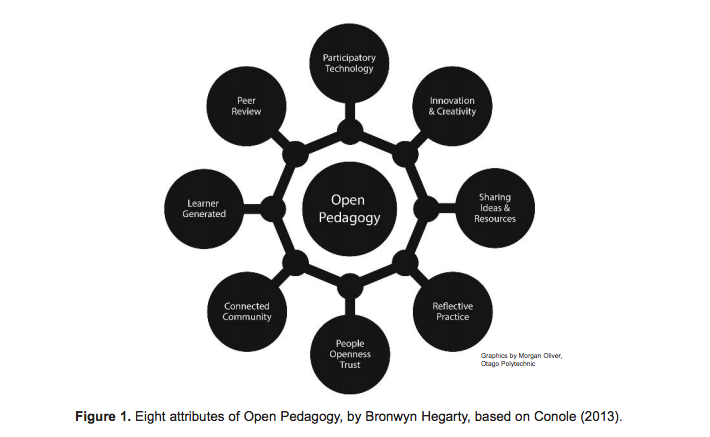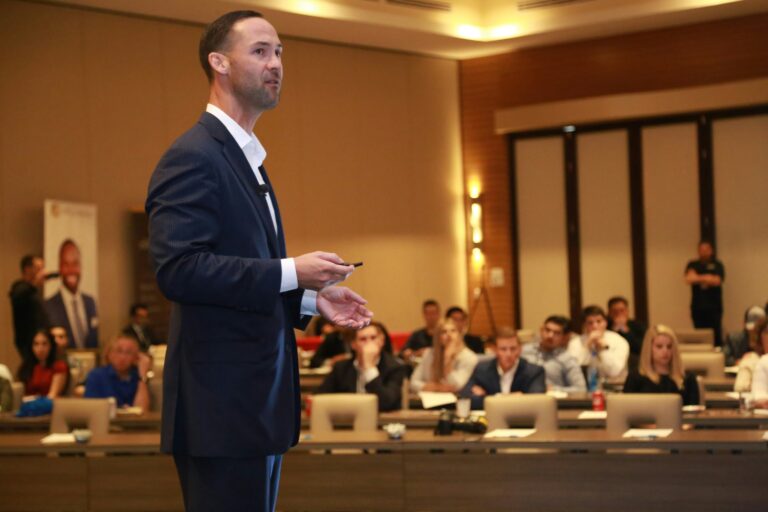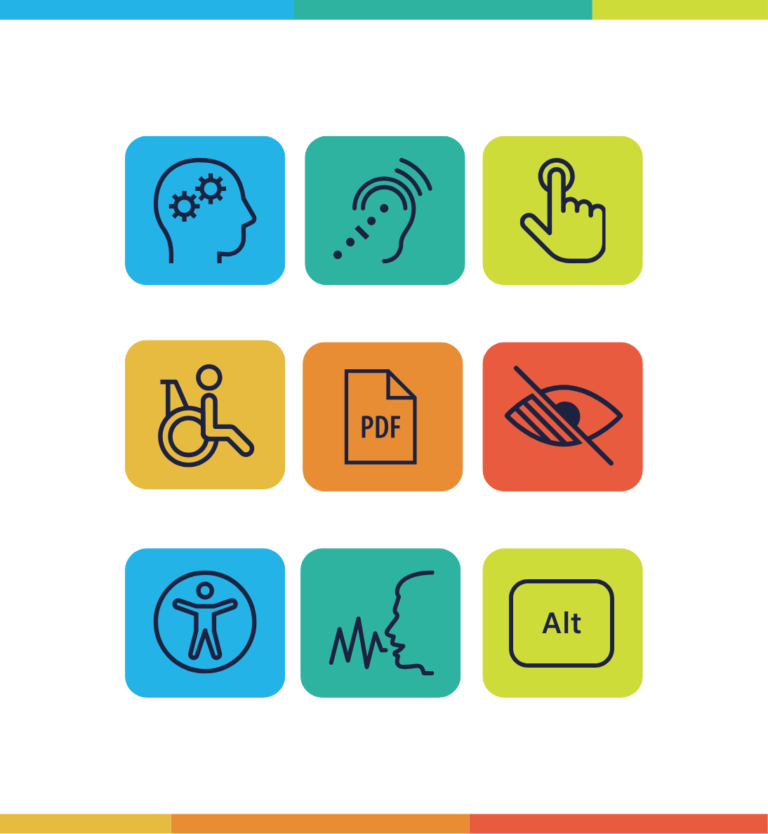Frameworks, Approaches and Models – Oh My!
Teaching in the 21st century can sometimes feel like wandering down the yellow brick road, like Dorothy, dreaming of arriving at the emerald city of Oz (the online learning environment), only to find the great and powerful man behind the curtain (the experience) is not what you expected. Even scarier, if you did not choose to take the journey and are stumbling along that road without solid technology skills and pedagogical knowledge; it may as well be made of yellow Jell-O instead of bricks.
But with so many frameworks, approaches and models (oh my!), how do you know which ones to use? A well thought out pedagogy can improve the quality of the experience and help educators support students in deeper learning. They will also help faculty to build and deliver a course that aligns with their teaching philosophy and to deliver their class online with confidence. The myriad of options may seem overwhelming, but they have several overlapping similarities in terms of their objectives, so you can start with what feels right and change paths along the way if needed.
Foundational to all post-secondary courses regardless of the delivery model are adult learning principles (Darden, 2014; Knowles, 1985) and the seven principles of good practice of undergraduate education (Chickering and Gamson, 1999). These are a great starting point for design decisions and align with many of the components of the frameworks we are highlighting here.
When we designed the popular Level Up: Learning to Teach Online series, we intentionally underpinned with the Community of Inquiry (COI) framework, which we feel provides the essential components of an online course. These include the learning community, clear instructional design, and guidance to facilitate deeper thinking and learning. Additionally, COI aligns with our teaching philosophies, styles, and interests. It is essential to select strategies and methods carefully and align them with personal teaching philosophies in order to execute and adapt them in practice authentically. You are the architect of your course, the strategies you use to construct the experience. This construction is like building a house if the foundation is strong; students are less likely to be swept up in a tornado of confusion (or be crushed by the house).
When you consider a framework or approach like COI, Universal Design for Learning (UDL), Open Pedagogy, Critical Digital Pedagogy, notice the values it is based on and the guidance it provides you for the planning and delivery of your course. All of these have a couple of things in common – first, the importance of community, second the development of learner agency or autonomy.
The Community of Inquiry (COI) model describes how learning takes place for a group of individual learners through the educational experience that occurs at the intersection of social, cognitive and teaching presence. Community of Inquiry resources
Universal Design for Learning (UDL) provides a structure for designing courses to maximize the success of all students. It focuses on providing different ways for students to access material, engage with that material, and demonstrate their learning. Its focus on inclusion supports the development of community and an equal playing field for all. Universal Design for Learning Resources
Open Pedagogy is focussed on learner agency, inclusion, open-access resources, and is a form of experiential learning where students are creators as opposed to just consumers.

Critical Digital Pedagogy also supports learner agency and the ability to “read their world” and is a humanizing approach to teaching and learning. It emphasizes the use of the internet as a learning tool and breaking down some of the traditional methods of assessment that can be barriers to “real” learning.
Instructional design models like backwards design, ADDIE, 5 E’s are all aimed to support your course planning. What content, activities and assessments will align with the learning outcomes? How will lessons or concepts be constructed for your course? It is really up to you which of these you use.
As you walk along the yellow brick road and the journey becomes confusing, scary, or you feel uncertain; know that the KPU Teaching and Learning Commons is with you at times; just like Glenda, the good witch; always waiting close by to support you on your journey. And when you finally arrive at Oz (the online learning environment), you will find that you had the brains, the heart, and the courage to do this all along.
References
Chickering, A. W., & Gamson, Z. F. (1999). Development and adaptations of the seven principles for good practice in undergraduate education. New Directions for Teaching and Learning, 1999(80), 75–81. https://doi.org/10.1002/tl.8006
Darden, D. C. (2014). Relevance of the Knowles Theory in Distance Education. Creative Education, 2014. https://doi.org/10.4236/ce.2014.510094
Knowles, M. S. (1985). Andragogy in action. Jossey Bass.





